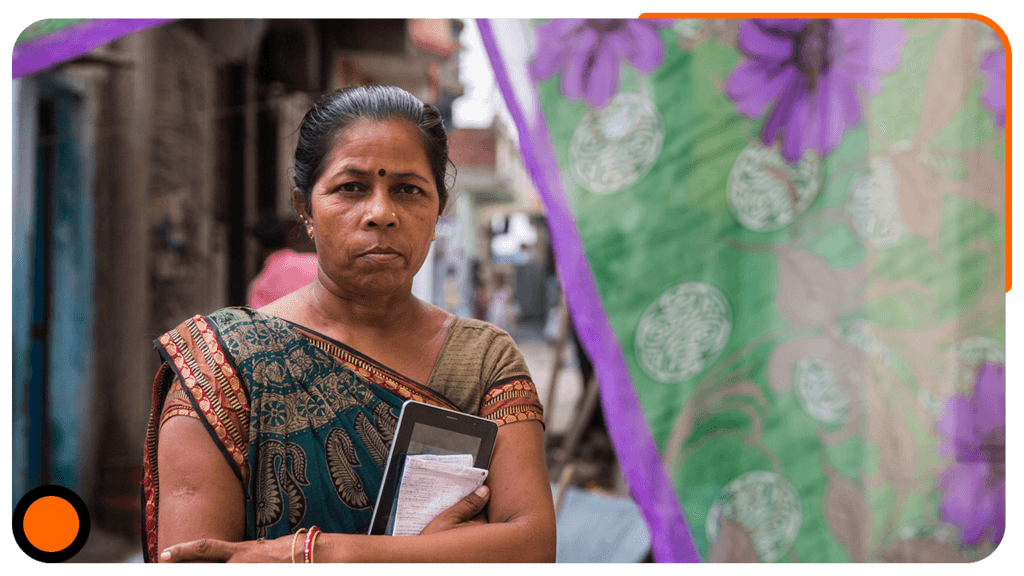Mainlevel Consulting AG
Evaluation of the Digital Innovation for Zero Hunger project, aiming to support improved detection of malnutrition
Partner/Client
Mainlevel Consulting AG
Sector
Healthcare
Location
Madhya Pradesh
KEY HIGHLIGHTS
- Mainlevel Consulting AG was contracted by Welthungerhilfe to carry out an evaluation of the “Digital Innovation for Zero Hunger” project. It entailed the use of the Child Growth Monitor (CGM) application to detect malnutrition in Indian children.
- The purpose of the evaluation was two-fold. It comprised a summative evaluation structured along the OECD-DAC criteria, i.e. relevance, effectiveness, efficiency, impact and sustainability, and a feasibility assessment to provide guidance for the planned activities of the second phase of the project.
- Data collection took place through virtual interviews between October and November 2020 in India by the 4th Wheel Social Impact team.
APPROACH
- The evaluation was built on a theory-based approach and applied a contribution analysis to draw conclusions about how the intervention contributed to observed results. To do so, a Theory of Change (ToC) outlining how the intervention was expected to produce its results and thus, better understand causal links between the intervention’s outputs and observed outcomes, was conceptualised.
- The ToC was elaborated through a participatory approach integrating views of various actors involved. This eventually led to a validated and broadly accepted ToC, which outlined as approximate as possible the causal model of results as well as underlying assumptions, that were then tested against the data collected.
- In addition, a multi-method approach was applied. The evaluation was based on both secondary data and primary data retrieved from relevant stakeholder groups, which allowed for data triangulation.
INSIGHTS AND FINDINGS
- The CGM app showed potential to supplement and streamline the efforts of the Anganwadi workers to measure instances of malnutrition among children. However this could be undermined by limited functionality of the app on specific devices which inhibited the efforts to extend app usage to other stakeholders.
- Individual and organisational capacities on data collection via app, were improved. Anganwadi workers highlighted that they had also become aware of the value of their work and ways to detect and measure malnutrition. They had also become more proactive in reporting and transferring children to hospitals.
- The core idea and elements of agile project management were understood and integrated by partners.
- A social business model approach could be adopted to run, maintain, and further develop the app.
RECOMMENDATIONS / VALUE ADDITION
- Primary focus must be given to the functioning of the app and the quality/accuracy of the results in the Indian context.
- The CGM solution must be accompanied with minimum physical infrastructure in target villages. This could include the provision of a curtain, establishment of a measurement protocol, development of a Code of Conduct, and trainings in child rights /protection for staff members or other actors involved.
- Monitoring processes that are aligned with the SCRUM framework are recommended.
- Specific capacity building needs among the project team and partners, such as project leadership training, or capacities in child protection can be furthered.
- Documenting pathways of scaling and replication will be of great importance to identify good scaling approaches and practices that can be replicated later on when scaling to other countries.
- Setting up a social business for CGM must be implemented carefully and transparently. Aligning it to an international standard like the seven principles of social business by Prof. Dr. Yunus would support this process.

